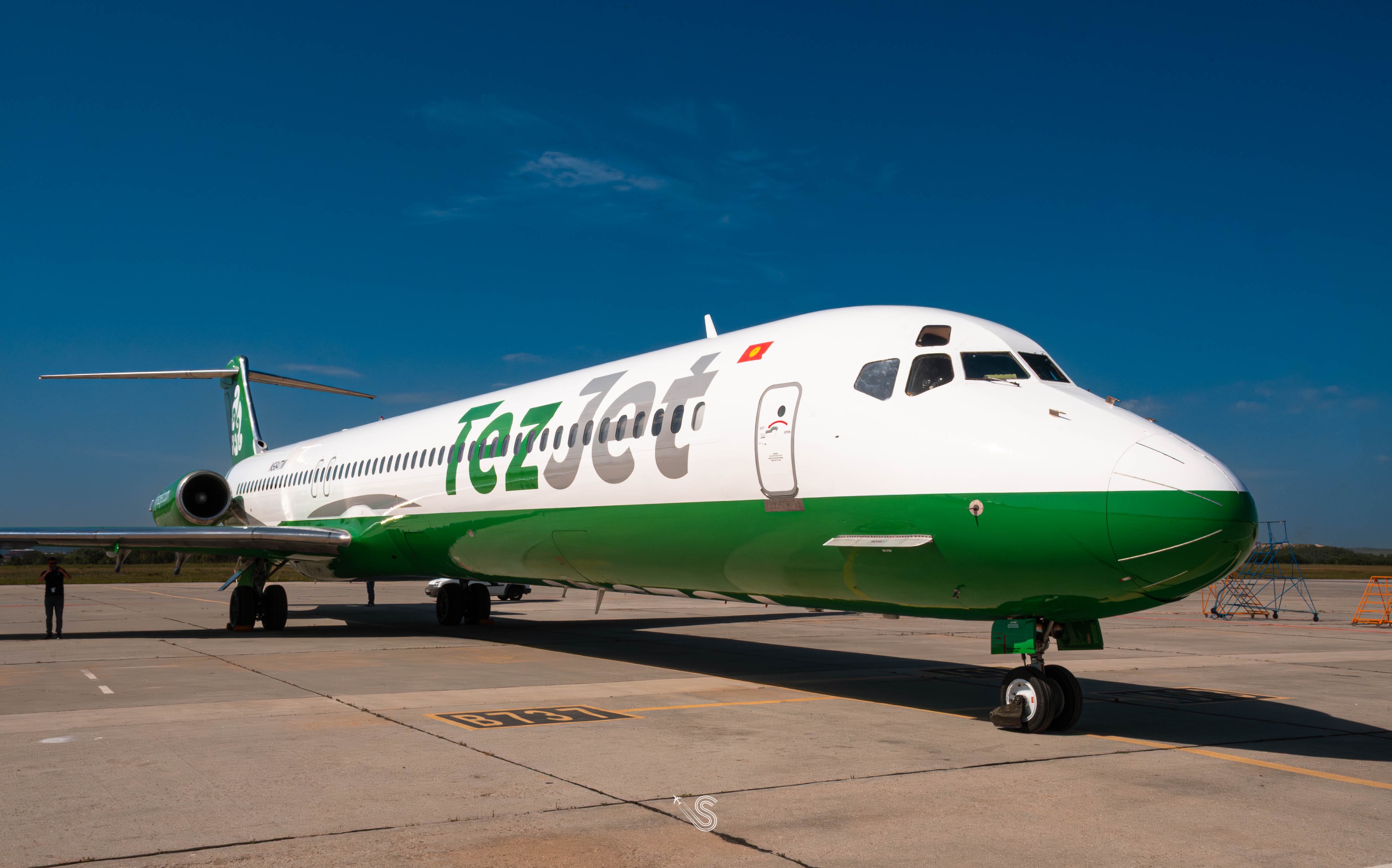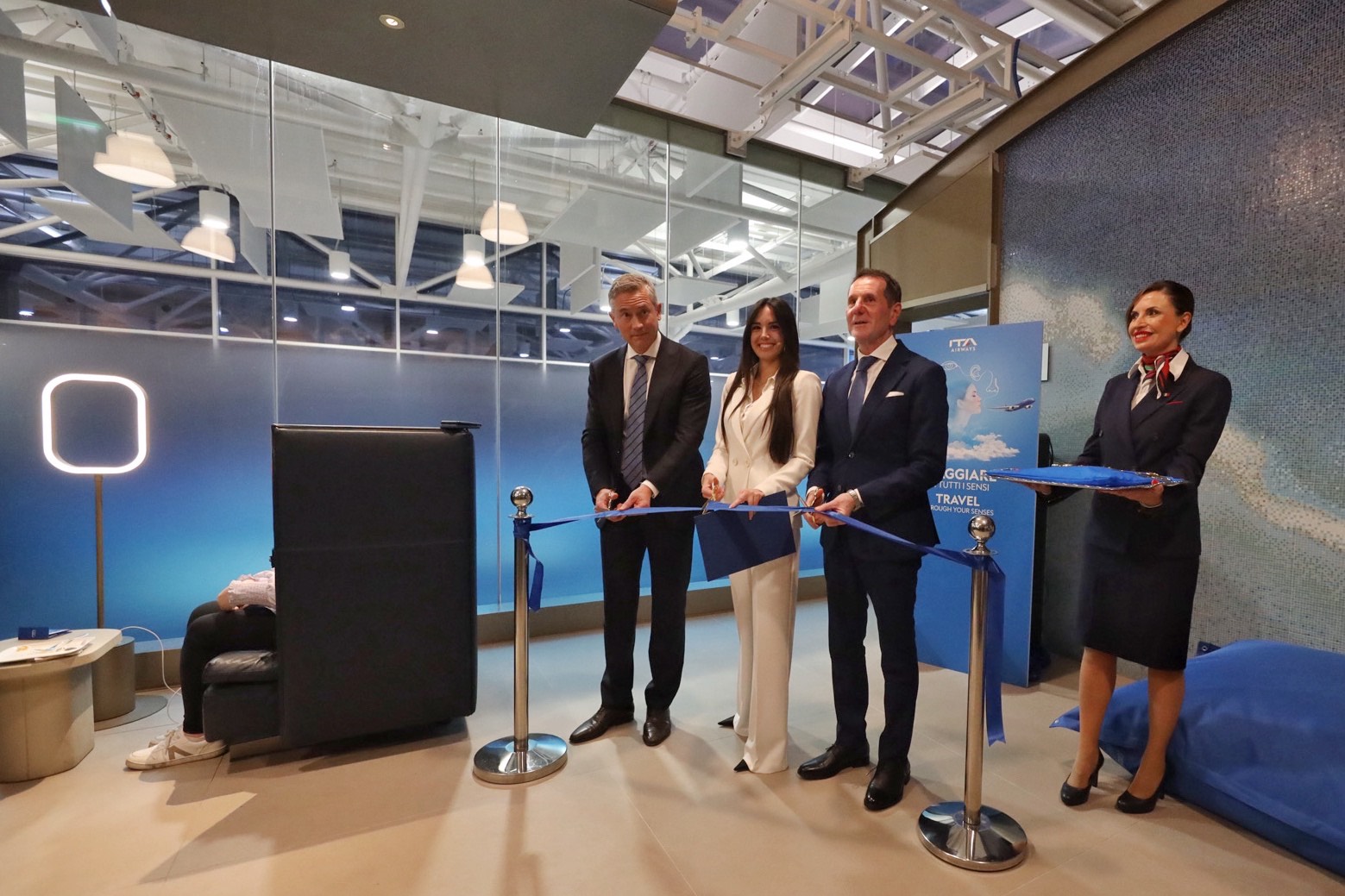No doubt, air travel will change drastically and where it will ultimately settle down is anyone’s guess. But, looking at the situation at hand, one can safely assume that much is about to change. Three players in the tourism industry share their perspective on how air travel will look like for passengers in 2020.
Even though the airline business is not a stranger to crisis, never before has there been a situation where every airline in the world has been impacted at the same time. Amidst all this is a silver lining, feels Aditya Ghosh, Former President & Board Member, IndiGo and Board Member at OYO Hotels & Homes. “About 80 per cent of air traffic in India moves only in the top 10-15 business cities, which will be essential travel. So there will be a short burst once lockdown is lifted, followed by a long sluggishness, followed by recovery,” he says.
Where will this business come from? Ghosh feels it will be affordable products segment that will recover first.
“Any airline that is able to take advantage of this can control their overheads and be able to meet the additional costs will survive the next six months,” he adds.
Airlines with inadequate reserves are going to have a problem, feels Sunil Chopra, Director, Industry Relations, TAFI and former Director on Board, IATA India. “At least the most busy airports need to rethink on what their pricing model should be in terms of handling. More importantly, the survival of the travel agent is at stake at this point. We are going to find almost 30 per cent of the agents vanish from the market soon and that’s a very big concern,” Chopra adds.
How can the government help?
Ghosh’s suggestion is the government can give some relief in terms of airport charges, reduce tax, nullify landing navigation charges, or get guarantees which allow airlines to take debt at a lower interest rate. “More importantly, any bailout should only go to those airlines that have been running the business properly. When you do industry-wide bailouts, somebody who doesn’t deserve it also gets the money,” he adds.
Chopra, on the other hand, lays stress on reforms. “The government needs to rethink structural reforms right now and it should be largely focussed on ATF and tax on ATF so there is better off-take of fuel. It has been raised that airports are overcharging because of the mechanism that airports bid for business by offering the highest percentage to the Airport Authority of India and hence has to ensure that they increase pricing everywhere. That concession concept has to change – the way airports are allocated to private partners to operate,” he says.
D Sudhakara Reddy, Founder & President, Air Passenger Association of India (APAI), touches upon ATF and says,
“The government recently announced a reduction of 36 per cent on ATF and we urge the Government to bring it under GST and make it as minimum as five per cent. That will help airlines bring down operational costs. I also feel lounges will not be in operation in the immediate future.”
Key takeaways for airlines
- Any airline that is able to take advantage of this can control their overheads and be able to meet the additional costs will survive the next six months.
- Airlines with healthy balance sheets will have an advantage. Those that have been running inefficiently even before the crisis will feel the brunt.
- If airlines are able to bring down variable costs by scaling down their network, there may not be massive spike in air fares.
- Airports need to rethink their strategy to ensure that airlines can survive, otherwise they don’t have business.
 TravTalk India Online Magazine
TravTalk India Online Magazine




